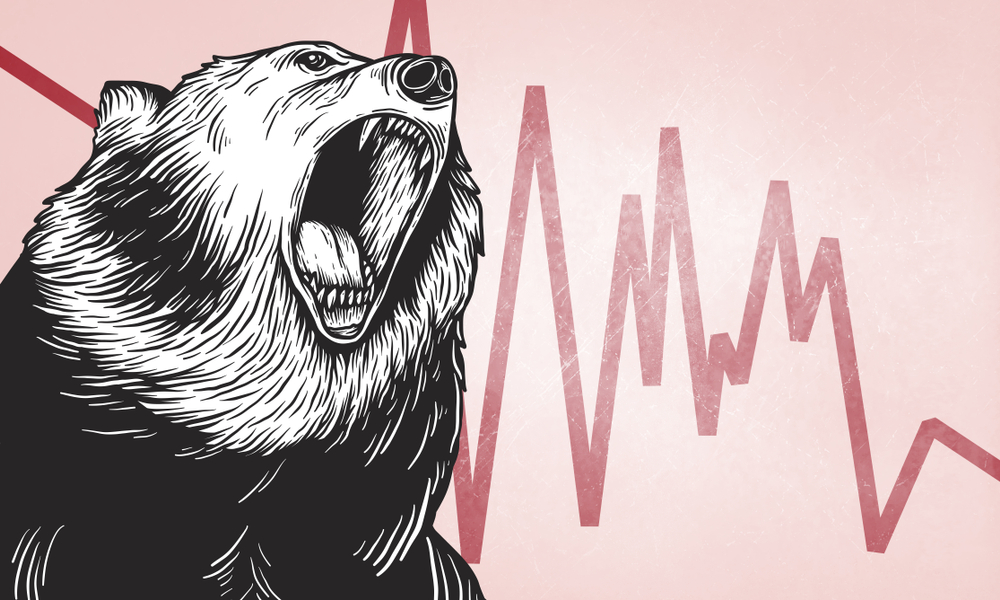Do you want to be a trader? Do you fancy learning how to trade in stocks or bond? If yes, then you have a lot to learn. But first, you’ll need to get acquainted with the terminologies of the trading world.
Trading requires consistent buying and selling of stock, commodities, currency pairs, etc., This is with the aim of accruing or generating profits. Also, a trader is responsible for connecting buyers and sellers so that assets can be exchanged. This is where the trader gets paid for playing the middleman role.
Want to Be a Trader? You’ll Need to Know This
Trading Terms
While you may aspire to be successful as a trader, it’s also important you get acquainted with the world of investing. Gain a clear understanding of a huge number of trading terms. Just like every other industry or field, trading also has its own lexicon.
From beginners to experienced traders, knowing these words is one the salient rules if you want to be a trader. Having a full vocab in trading can keep you grounded in the industry, and give a sense of knowing what it is you are doing.
Here are some of the words to keep in mind so that when you come across them, they won’t seem like jargon.
Acquisition
Acquisition occurs when the shares of a company are purchased by another company, be it in part or in full, for the purpose of controlling the target company. An acquisition is said to take place when a company acquires more than 50% ownership in a target company. In order to consolidate the acquisition process, the acquiring company often purchases the stocks and assets of the target company.
When this is done, the acquiring company has the power to make and take decisions on the newly acquired assets without seeking approval from the shareholders of the target company. A good example is the acquisition of AT&T by Comcast.
There is a number of reasons why companies perform an acquisition. These range from achieving economies of scale, increased synergy, to ramping up market share, new niche offerings, or cost reductions.
Companies seeking expansion to other countries may also consider it imperative to purchase an existing company operating in their country of interest. It’s a viable way of gaining access into a foreign market.
The purchased enterprise is already an established entity with its own personnel, brand name, and other intangible assets which gives the acquiring company a strong foothold to kick-start operation.
Arbitrage
Arbitrage is the simultaneous purchase and sale of an asset in order to cash in on the difference in price. It is a trade that thrives on exploiting the price differences of identical or similar financial instruments on different market platforms or in different forms.
Arbitrage thrives as a result of market inefficiencies. A situation where all markets were perfectly efficient would erase the occurrence of arbitrage. It’s considered a risk-free profit for the trader since the security purchased is sold at a higher price.
It also provides a mechanism that ensures the deviation of prices from the fair value is relatively minimal for long time frames.
Bear Market and Bull Market
A bear market is one in which the sector is rising or is expected to rise. While it’s difficult to predict when exactly a bull market will occur, it is often a result of investor confidence in an asset or market.
This is because “bulls” are currently in control and are making aggressive moves in the market. Conversely, if the market is on a downward trend, it is called a “bear market” because prices are dipping and investors are selling off their shares.

CPI
CPI is an acronym for Consumer Price Index. It’s an average of several consumer goods and services that are used to indicate inflation. Movements in CPI are usually projected in percentages–positive movements will indicate inflation, while a movement that negates positive movement means deflation. Central banks make CPI announcements on a regular basis. If you want to be a trader, you’ll need to stay on top of CPI.
ECB
This refers to the European Central Bank, the central bank for the eurozone. The ECB is responsible for setting monetary policies which are highly relevant to traders, as ECB has a significant impact on the value of the euro and European companies.
Also, the ECB’s remit extends to countries that use euro as their currency.
Fibonacci Retracement
A Fibonacci Retracement is an essential technical analysis tool, used to gather insight into when to place and close trades or place stops and limits. Fibonacci retracements mostly depend on the mathematical principle of the golden ratio.
Drawing of six lines across an asset’s price chart: one at its highest point (known as 100%), one at its lowest point (0%), one at its midpoint (50%), and then three at 61.8%, 38.2%, and 23.6% are used to calculate Fibonacci retracement levels.
Gamma
Derived from Delta—which is responsible for measuring the impact of a change in the price of an underlying asset— it is seen as the movement of a delta regarding the cost of the underlying asset.
Hawks and Doves
These terms are used by analysts and traders to categorize members of Central Bank committees by their probable voting direction ahead of monetary policy meetings. Hawks are members who vote for rigid monetary policy at the expense of economic growth.
This translates to a higher interest which could discourage borrowing and encourage saving. Doves, on the other hand, are members who vote for a more flexible monetary policy that keeps interest rates low. This is, in turn, can boost economic growth, increase spending, and increase employment.
This is just a brief introduction to the words you’ll need to know if you want to be a trader. We hope you’ll find these definitions useful and don’t forget to keep yourself abreast of more trading terminologies to make you understand how the trading system works.
Images from Shutterstock.

